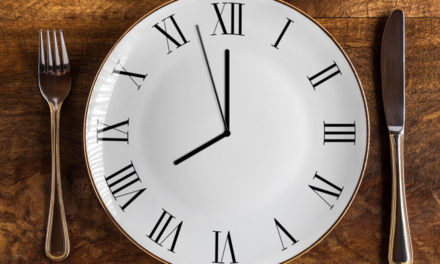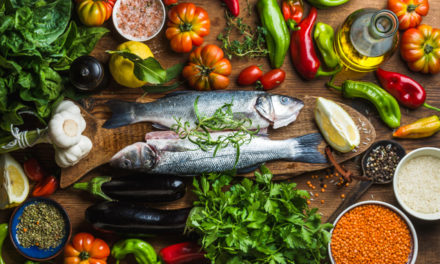Prostate cancer affects nearly one in six men. Treatments continue to improve, and since most prostate cancers are found when they are still only in the prostate and nearby organs, it has a very good survival rate. However, it’s still the second leading cause of cancer death in men in the US.
Risk Factors
- Having a brother or father that has prostate cancer more than doubles the risk.
- Higher levels of testosterone can increase risk. Testosterone stimulates growth of the prostate gland, and when cells divide more rapidly, there is a higher chance of mutation. This also applies to those using testosterone therapy.
- Inflammation can cause DNA damage and therefore increase risk for the development of cancerous cells.
- Age is a big risk factor. The chance of prostate cancer increases significantly after age 50 and even more after age 65.
- Black men are more likely to develop prostate cancer than men of other races.
6 Ways To Help Reduce Your Risk of Prostate Cancer
Eat More Fiber
Men should get a minimum of 38g of fiber daily. Greater amounts of fiber are found in fruits, vegetables, legumes, and whole grains. Eat fruit with your meals or for dessert. Snack on vegetables and hummus or add more legumes to your meals.
Eat More Fruits & Vegetables
Besides fiber, they also contain phytochemicals that help the body naturally fight cancer, heart disease, and stroke. Adult men need at least 2 cups of fruit and 3 cups of vegetables per day.
Eat Less Charred/Grilled Meat
A delicious crust on your steak or grill marks on your chicken might be tasty, but weigh if it’s worth it. Frying, grilling, and smoking meats create chemicals (heterocyclic amines) that help contribute to cancer.
Eat More Plant-Based Proteins
Consuming plant proteins such as tofu, tempeh, beans, nuts, seeds, and whole grains has been associated with lower risk of developing certain cancers. In addition, plant proteins and soy foods have an improved effect on cholesterol and heart health.
Get Enough Vitamin D.
Low vitamin D levels may increase a man’s risk for prostate cancer. Make sure to get this checked as part of your annual physical. Ten minutes of sun exposure (without sunscreen) a few times per week can help raise vitamin D levels. Wild salmon and shitake mushrooms are great dietary sources of vitamin D as well.
Make Physical Activity a Priority.
A study of more than 1,400 men with early-stage prostate cancer showed that those who walked briskly for just 3 hours per week cut their chances of cancer progression in half. Adults should do at least 2.5 hours of moderate-intensity or 75 minutes of vigorous physical activity. You can break it up into 15-minute sessions throughout the week.
Dietary and lifestyle interventions can help stop the progression and even help to prevent the onset of prostate cancer. If you have more questions or would like help with dietary interventions for this or other medical issues, reach out to the registered dietitians of 901 Nutrition at 901nutrition@gmail.com or 901.800.9526.
Erin Dragutsky is the co-founder of 901 Nutrition, LLC and a licensed, registered dietitian in Memphis. Erin specializes in helping clients with eating disorders and disordered eating habits. She is passionate about helping clients ditch their diets for good, find food freedom, and develop a positive relationship with food. 901nutrition.com, 901.800.9526







